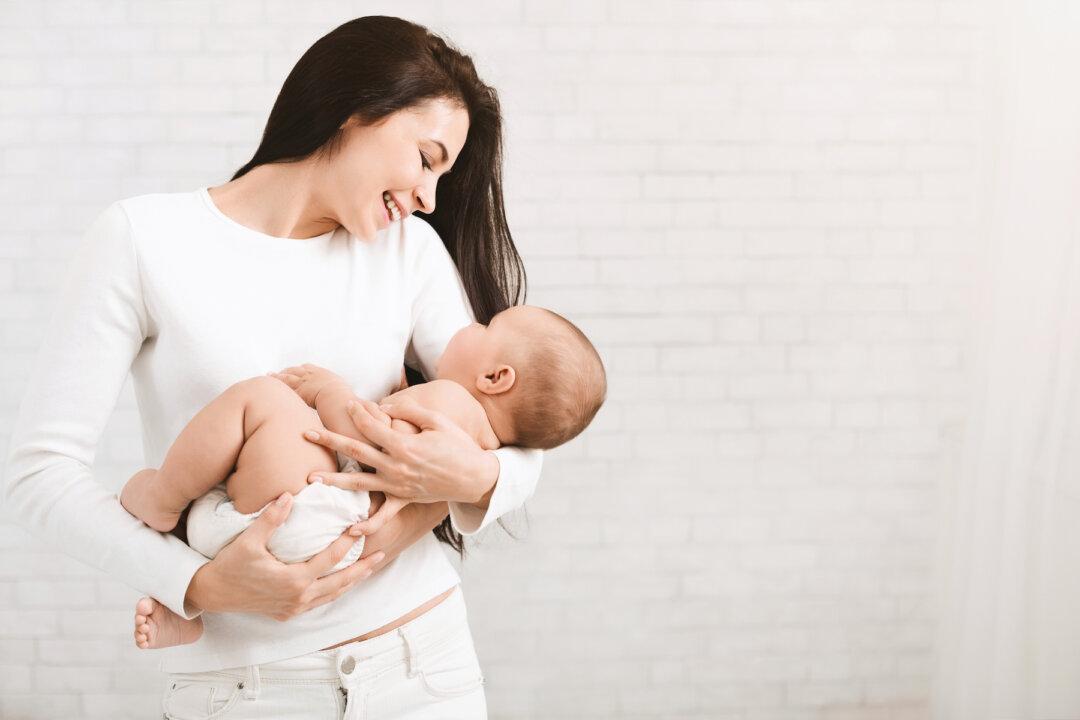The most popular baby names chosen by new parents in 2022 has been released by Statistics Canada, with the name Noah for boys and Olivia for girls each taking the respective top spot.
The “Baby Names Observatory“ report shows the name Olivia has taken the top spot for most of the last decade, except in 2015 when Emma took first place, moving up from second position. Olivia and Emma have been competing for the top spot in girl’s names since 2003.





